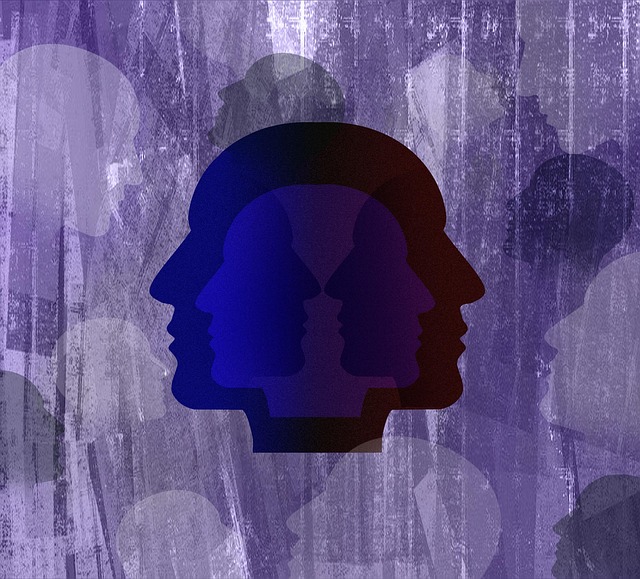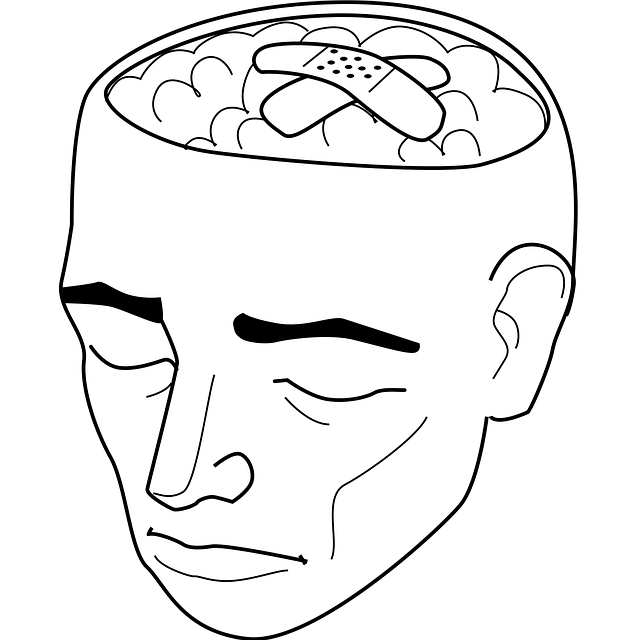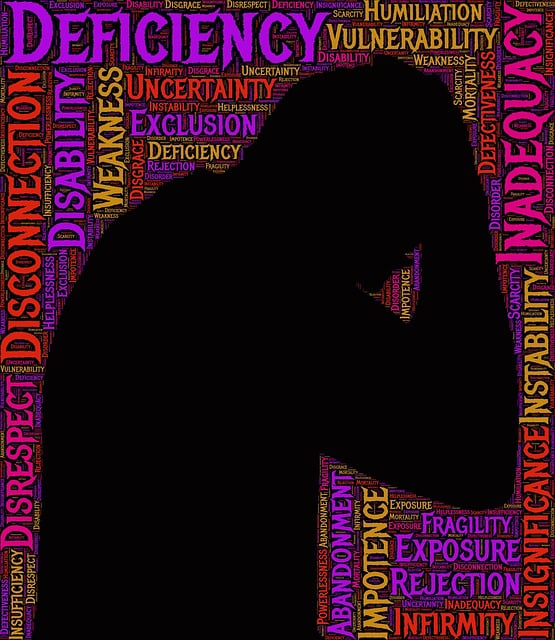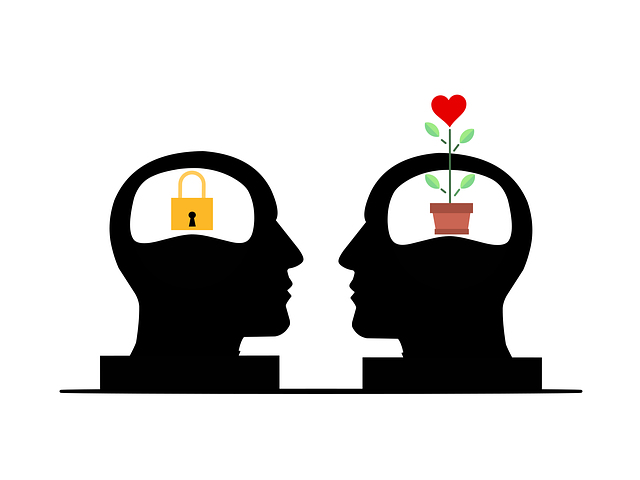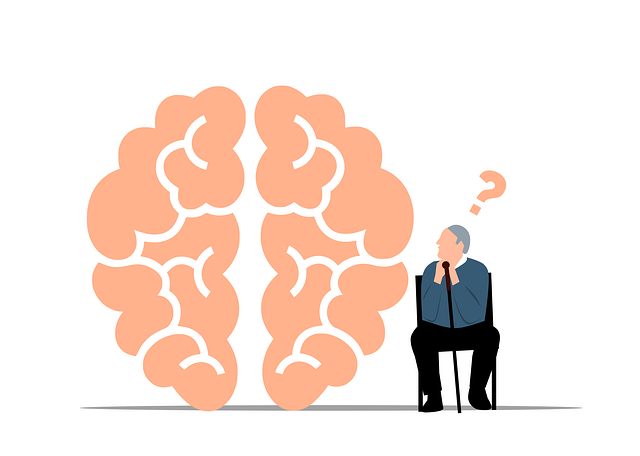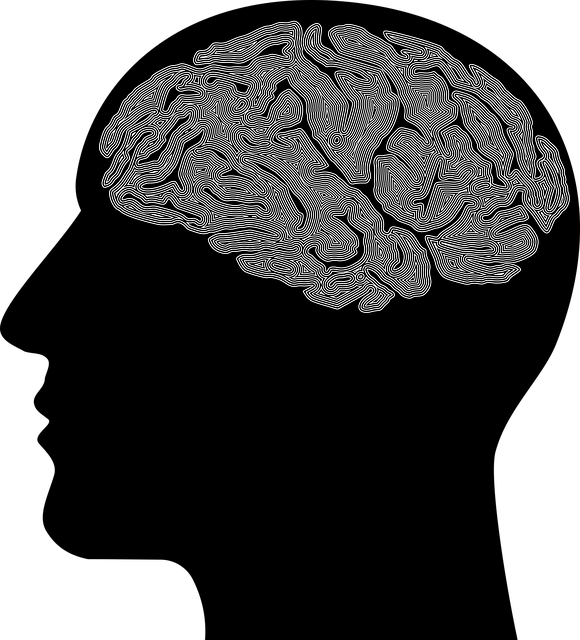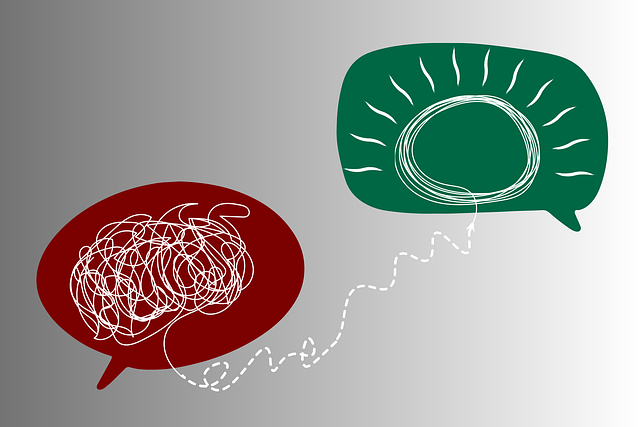Cultural competency is vital in healthcare, especially for elderly patients with alcohol abuse issues. Effective communication and tailored therapy, addressing underlying causes like trauma or depression, improve treatment outcomes and build trust. Training strategies, including immersive simulations, multimedia resources, and community outreach, enhance cultural sensitivity among healthcare providers, fostering better patient-provider relationships and improved mental health support for elders struggling with alcohol addiction.
Cultural competency in healthcare is essential, especially when addressing the unique needs of elderly patients. This article explores the critical intersection of cultural awareness and eldercare, focusing on alcohol abuse as a significant concern within this demographic. We delve into recognizing signs and understanding barriers to treatment, alongside effective training strategies for healthcare providers aiming to enhance sensitivity and care delivery, particularly in managing Therapy for Elders Alcohol Abuse.
- Understanding Cultural Competency in Healthcare: Why It Matters for Elderly Patients
- Alcohol Abuse Among Elders: Recognizing the Signs and Addressing Barriers to Treatment
- Effective Training Strategies for Healthcare Providers to Improve Cultural Sensitivity and Care Delivery
Understanding Cultural Competency in Healthcare: Why It Matters for Elderly Patients

Cultural competency in healthcare is a crucial aspect that often determines the quality of care elderly patients receive. Understanding and respecting diverse cultural backgrounds, beliefs, and values are essential to providing culturally sensitive therapy for elders, especially those struggling with alcohol abuse issues. Many older adults come from various ethnic and social backgrounds, each carrying unique cultural norms and practices related to health, healing, and well-being.
Effective communication strategies play a vital role in bridging the gap between healthcare providers and elderly patients from diverse communities. By employing culturally sensitive approaches, mental wellness podcast series production can enhance emotional healing processes, ensuring that therapy for elders is tailored to their specific needs and preferences. This personalized care can significantly improve treatment outcomes, foster trust, and promote overall mental health among this demographic.
Alcohol Abuse Among Elders: Recognizing the Signs and Addressing Barriers to Treatment

Alcohol abuse among elders is a growing concern within the healthcare landscape, often overlooked due to the stigma surrounding aging and substance use disorders. Recognizing the signs is paramount for healthcare providers as it can significantly impact an elder’s overall well-being. Common indicators include excessive drinking, withdrawal symptoms, and changes in behavior or mood. However, addressing alcohol abuse requires a nuanced approach considering potential underlying causes such as loneliness, trauma, or depression, which often require specialized therapy for elders.
Trauma support services incorporating mind over matter principles can be instrumental in treating elder alcohol abuse. These therapeutic interventions aim to help individuals process past traumas and develop healthy coping mechanisms. Additionally, burnout prevention strategies for healthcare providers are essential, ensuring they can effectively support elders without succumbing to occupational stress. By combining these approaches, healthcare providers can break down barriers to treatment and foster better outcomes for elderly patients struggling with alcohol abuse.
Effective Training Strategies for Healthcare Providers to Improve Cultural Sensitivity and Care Delivery

Effective training strategies for healthcare providers aim to foster cultural sensitivity and improve care delivery, especially in diverse communities. One powerful approach involves immersive simulations that put providers in patients’ shoes, allowing them to experience firsthand the challenges faced by individuals from different cultural backgrounds. These scenarios can include role-playing sessions where providers interact with actors portraying patients with various cultural identities, including those struggling with mental illness or substance abuse, such as alcohol addiction among elders. By engaging in these realistic simulations, healthcare professionals develop a deeper understanding of cultural barriers to care and learn effective communication strategies.
Additionally, incorporating multimedia resources, case studies, and group discussions can enhance training. Presenting real-life cases from diverse communities helps providers consider the impact of cultural factors on health outcomes. Group activities encourage peer learning and promote open dialogue about sensitive topics like stigma reduction efforts surrounding mental illness or self-care practices tailored to different cultural norms. Moreover, integrating community outreach program implementation strategies into training equips healthcare providers with tools to engage and build trust within diverse communities, ultimately improving patient-provider relationships and the overall quality of care delivered.
Cultural competency training is a vital tool in enhancing healthcare delivery, especially regarding elderly patients and their unique needs. By addressing issues like alcohol abuse among seniors through tailored therapy, we can significantly improve outcomes. The strategies outlined in this article offer a promising path forward for healthcare providers to better serve diverse communities. Investing in these training programs ensures more effective care, fostering a more inclusive and responsive healthcare system for all, particularly the elderly.

